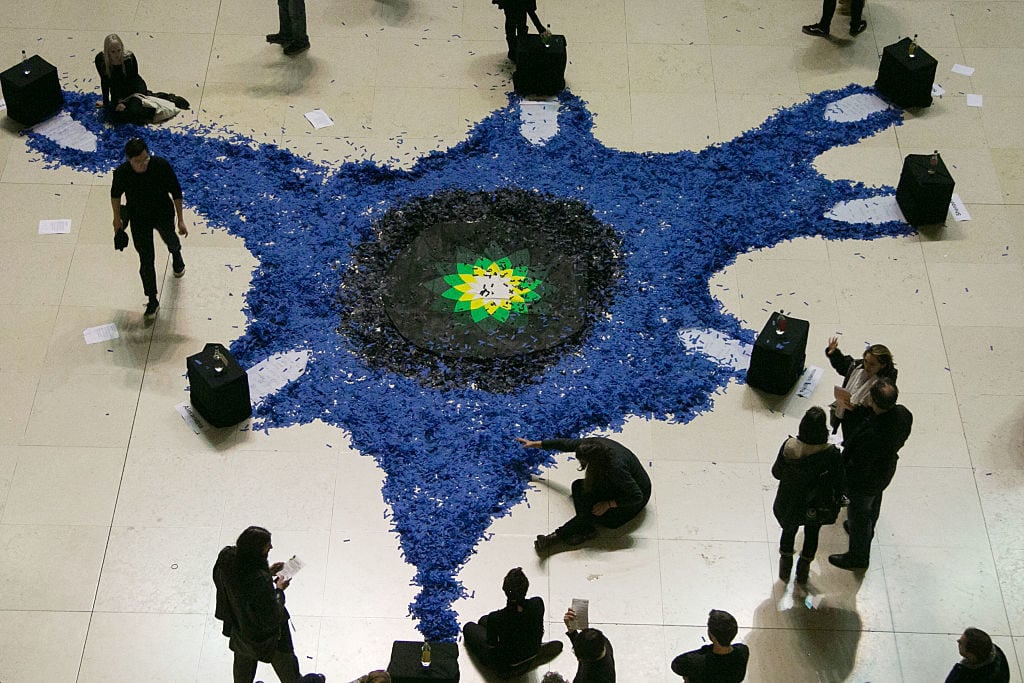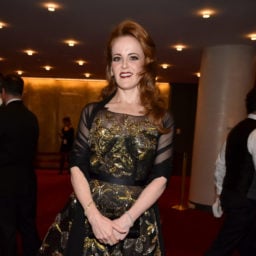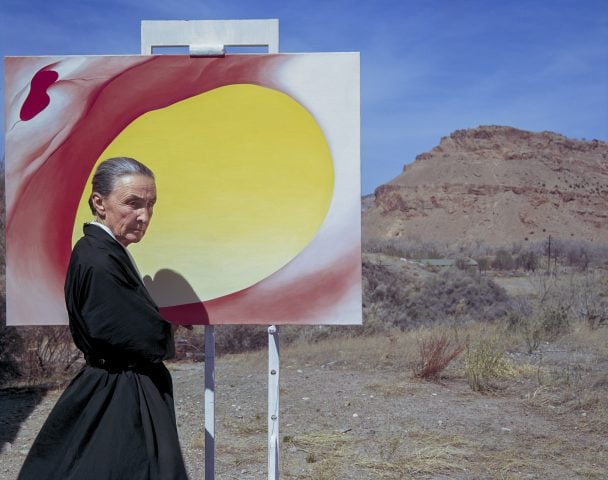This week, news emerged that Rebekah Mercer—a mega-donor to conservative causes who scientists have described as a “sponsor of fake news and climate disinformation”—would no longer serve as a board member of the American Museum of Natural History. For an institution committed to communicating the history of science, this should have been a simple step toward restoring some ethical consistency. But even now, the museum is remaining coy about the reasons for her departure, confirming only that her term expired in December. It has declined to acknowledge publicly any impact that the imaginative protests of activists, the internal pressure from its own curators, or an open letter signed by hundreds of scientists might have had on Mercer’s resignation.
As the impact of climate change intensifies, such alliances among artists, activists, scientists and staff are powerfully targeting cultural institutions that accept money from the fossil fuel industry—funds that have historically allowed donors to “artwash” their image, associating them in the minds of the public with a progressive, educational agenda when their private activities are anything but.
In the wake of such protests, we have seen changes: fossil fuel apologists such as Mercer and the late David H. Koch have stepped down from leadership positions on boards, as has the former Whitney Museum vice chair Warren Kanders. Some museums, like Tate and the Van Gogh Museum, have declined to renew sponsorship deals with fossil fuel companies. But is this ethical shakeup just a series of symbolic victories? Or, as these events start to snowball, could they have a genuine impact outside the walls of the museum and out in the world?
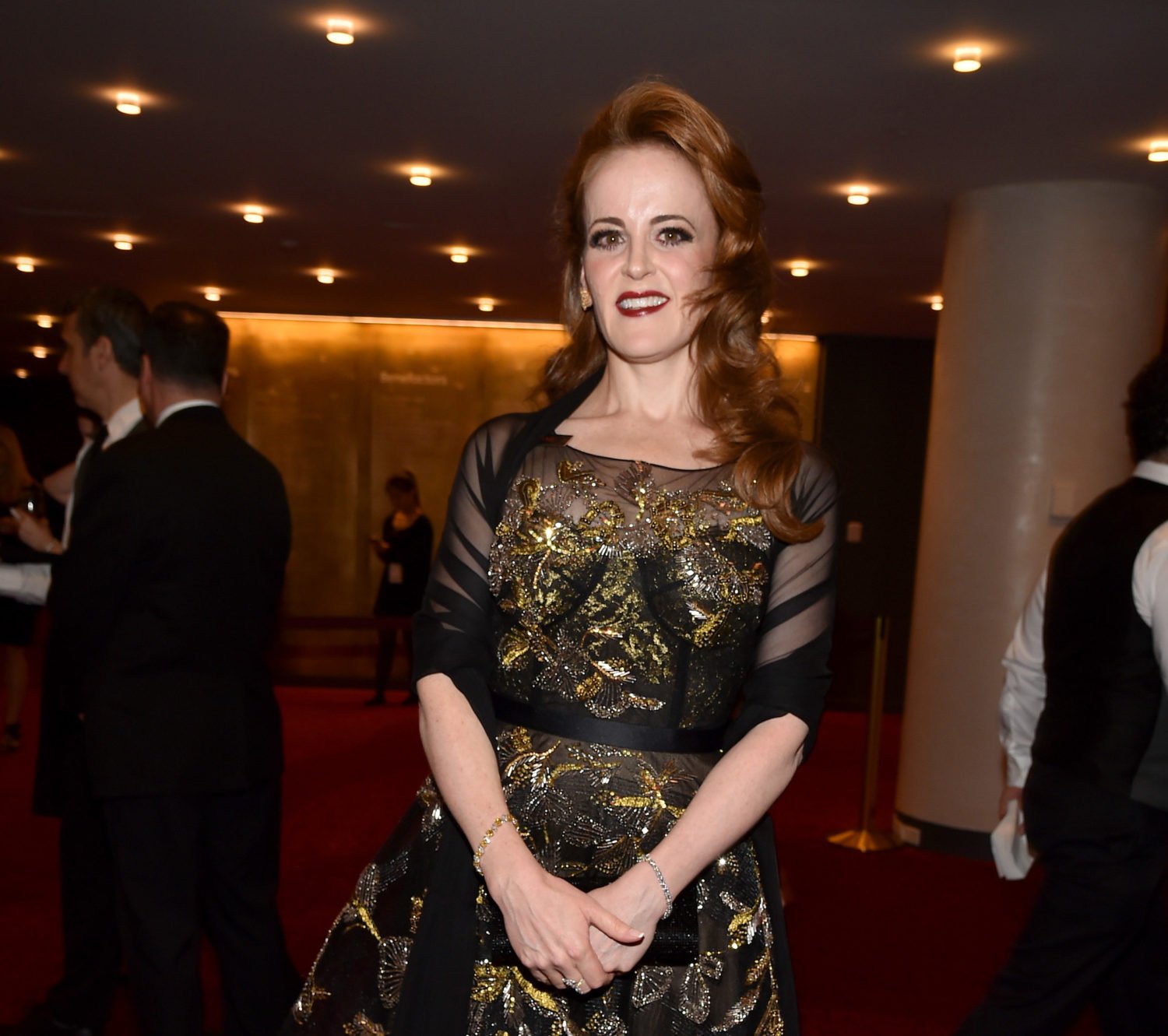
Rebekah Mercer was on the board of the Museum of Natural History in New York, but her family’s foundation funds groups that deny climate change. ©Patrick McMullan. Photo Patrick McMullan/PMC
Oil giant BP’s recent announcement that it plans to reach “net zero by 2050” suggests that the latter is true. While commentators have often dismissed the interventions of artists on the issue of oil sponsorship as “virtue signaling,” BP’s CEO effectively conceded in his speech that opposition to the company’s sponsorship deals has had a tangible impact. In his statement on the new policy, he addressed protesters directly as he discussed rebuilding the public’s trust. “Many question our motives in supporting the arts,” he said. “I get that.”
In this new reality, controversial corporate sponsors know they can no longer disguise themselves as arts philanthropists to distract from their harmful business practices. Just five months ago, the Royal Shakespeare Company announced that it would end its BP sponsorship deal halfway through a five-year contract; the National Galleries of Scotland cut its ties to the oil and gas firm shortly thereafter.
At the time, these were seen more as significant symbolic victories for activists. But in hindsight, perhaps they can be appreciated for their true impact. Through sustained pressure, public rejections of BP and other fossil fuel firms have become an effective tool for challenging what is known as the industry’s “social license” to operate. Warm words have done little to end the industry’s pursuit of fossil fuels, but cutting cultural and financial ties is now changing the discursive space. Like other investors in artwashing, BP is having to accept that the rules of cultural sponsorship have fundamentally changed in recent years as ethical red lines are being redrawn. What was once a space to cheaply sustain a company’s social license is now a site of robust ethical scrutiny.
What artists, galleries, and museums must do now is stand their ground and refuse to be charmed by empty rhetoric. Financial analysts have already called BP’s net zero target “gloriously vague” and highlighted how it is “still holding open the possibility that it will increase production of oil and gas for many more years.” So, while many artists and arts institutions are declaring a climate emergency and cutting their use of fossil fuels, BP plans to still turn a profit from extracting oil and gas in 2050.
Rather than leave fossil fuels in the ground as climate scientists are urging, BP is instead talking up unproven techno-fixes like carbon capture, which are unlikely to permanently remove from the atmosphere the significant massive emissions it would continue to produce.
Somewhat appropriately, BP’s net zero announcement appears to be—like its sponsorship of the arts—more about managing its public profile than creating meaningful and lasting change.
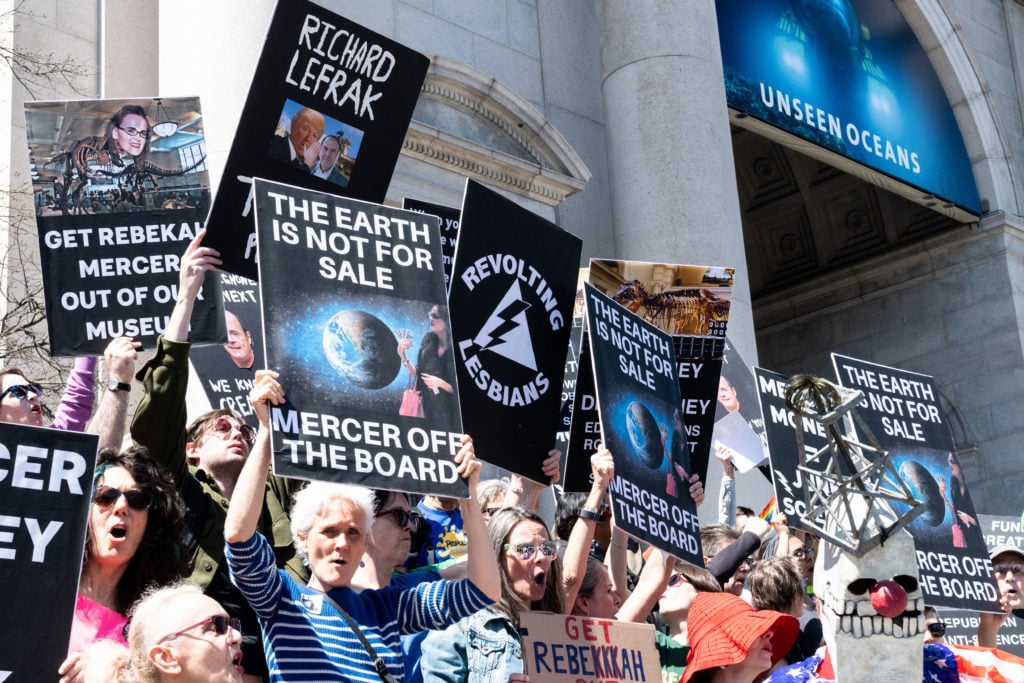
Demonstrators holding placards and banners during a protest against Rebekah Mercer being a member of the board of trustees of the American Museum of Natural History held in front of the museum in New York in 2018. Photo by Michael Brochstein/SOPA Images/LightRocket/Getty Images.
Of course, oil, arms, and tobacco companies have utilized the arts as a way to deflect scrutiny for decades. It’s been nearly 10 years since BP’s Deepwater Horizon drilling platform exploded, killing 11 rig workers and causing crude oil to flow into the Gulf of Mexico for 87 days. While the US courts handed down record criminal fines to BP, major arts institutions such as Tate helped to rehabilitate the oil giant’s brand (before the sponsorship arrangement ended in 2016). The gallery’s then-director Nick Serota controversially commented at the time, “You don’t abandon your friends because they have what we consider to be a temporary difficulty.” Of course, the impact of BP’s disaster was not temporary for those communities and species that continue to be affected today.
Serota, like other prominent figures in the arts, failed to recognize the extent of his ability to affect systemic change. Instead of taking the opportunity to usher in a new era for ethical patronage, he opted to lend legitimacy to BP as it backed climate denial, lobbied against climate legislation, and invested in new reserves of fossil fuels. It’s therefore deeply troubling that the director of the British Museum is now following the same path, publicly defending BP’s business rather than paying more than lip service to the concerns that many stakeholders have now raised. Just last week, he uncritically repeated BP’s disputed claim that it is “committed to the Paris climate goals” and—with no hint of the impartiality required from a national museum director—asserted that BP “will have to be part of delivering these goals.”
The Paris Agreement’s goals require roughly a halving of global fossil fuel emissions in the next ten years, while BP still plans to keep around 97 percent of its capital in fossil fuels, so this kind of direct endorsement from a cultural leader is extremely valuable when the gap between actions and words is so wide.
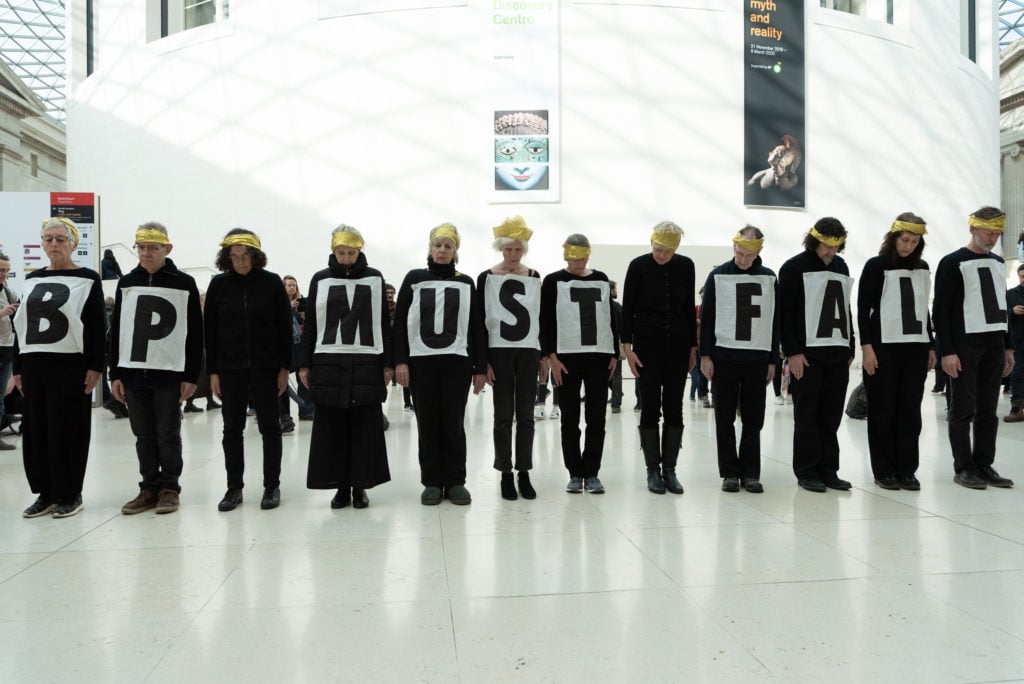
Photos of the mass action at the British Museum by Ron Fassbender.
The debate over sponsorship is now helping to expose the myth of museum neutrality, prompting many arts institutions to review how they embody their values and social purpose not only in the programs they produce, but also the way they do business. Recent developments have shown that it’s in these spaces that social license can be granted or withdrawn. Within museums and galleries, we have the opportunity to decide—as a culture—what is acceptable to us and what is not, and inform the kinds of systemic change we urgently need.
If select arts institutions making the decision to cut ties with fossil fuel companies has brought us to this fertile moment, then a clear ethical consensus across the sector could be a seismic shift in the direction of a more climate-friendly world. Perhaps one of the easiest ways arts institutions give up their power is by thinking that taking down a BP logo or removing the Sackler name can only be a symbolic act.
Dr. Chris Garrard is co-director of the campaigning and research organisation Culture Unstained.
